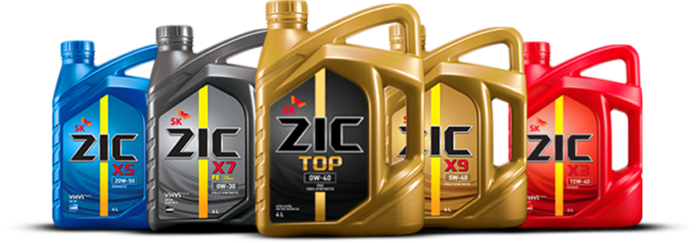ISLAMABAD: The Competition Commission of Pakistan (CCP) has passed an order in favour of Hi-Tech Lubricants Limited deciding a two-year-old complaint made by Chevron Pakistan Lubricants (Pvt) Limited against advertising claims made by Hi-Tech for its products under the brand name “Zic.”
Chevron Pakistan Lubricants (Pvt) Limited, which trades under the Caltex brand in Pakistan, had complained to the CCP in mid-2018 alleging that certain marketing and advertising claims made by Hi-Tech for their lubricant products under the brand name, Zic, were deceptive and in violation of Section 10 of the Competition Act, 2010.
Chevron, the competitor in question, had claimed that choice of words such as, “behtreen” in Hi-Tech’s marketing claims had created unsubstantiated impression of comparison between Zic and the competing products, said a press release issued by Ministry of Commerce here on Saturday.
The CCP’s enquiry report from Feb, 2019 had initially found certain claims of Hi-Tech carrying the Urdu words, “behtar” and “behtreen” without any reasonable basis and in prima facie violation of Section 10 of the Competition Act. On the inquiry’s recommendations, a show-cause notice was issued to Hi-Tech and hearings were held in the matter.
Taking into consideration and analysing the arguments from both sides and in light of the Commission’s previous judgments and the case law from other jurisdictions i.e. America, Australia, and India, the bench decided that the above-mentioned claims made by Hi-Tech for promoting its products fell under the category of advertsing puffery.
Advertising puffery is defined as advertising or promotional material that makes broad exaggerated or boastful statements about a product or service that are subjective (or a matter of opinion), rather than objective (something that is measurable), and that which no reasonable person would presume to be literally true. Puffery claims are generally allowed world over and does not warrant enforcement action by the competition agencies, provided that they are not materially misleading.
Moreover, the bench accepted the respondents’ arguments that the Urdu word “behtreen” also carrying other meanings such as “alaa”, “umdah” or “mumtaz” indicates that the term “behtreen” is general and vague, and not absolute as was alleged by the complainant.
Furthermore, the term “behtreen” is not the correct translation of the word “best” in English, which is an absolute term.
Hence, the Bench decideded that only the claims, which are objective, quantifiable and capable of substantiation in terms of characteristics of the products advertised would be actionable under Section 10 of the Act.
Based upon aforesaid reason and in view of the net general impression caused
by the claims, the Bench set aside its own enquiry report and disposed of show-cause notices issued to Hi-Tech.




